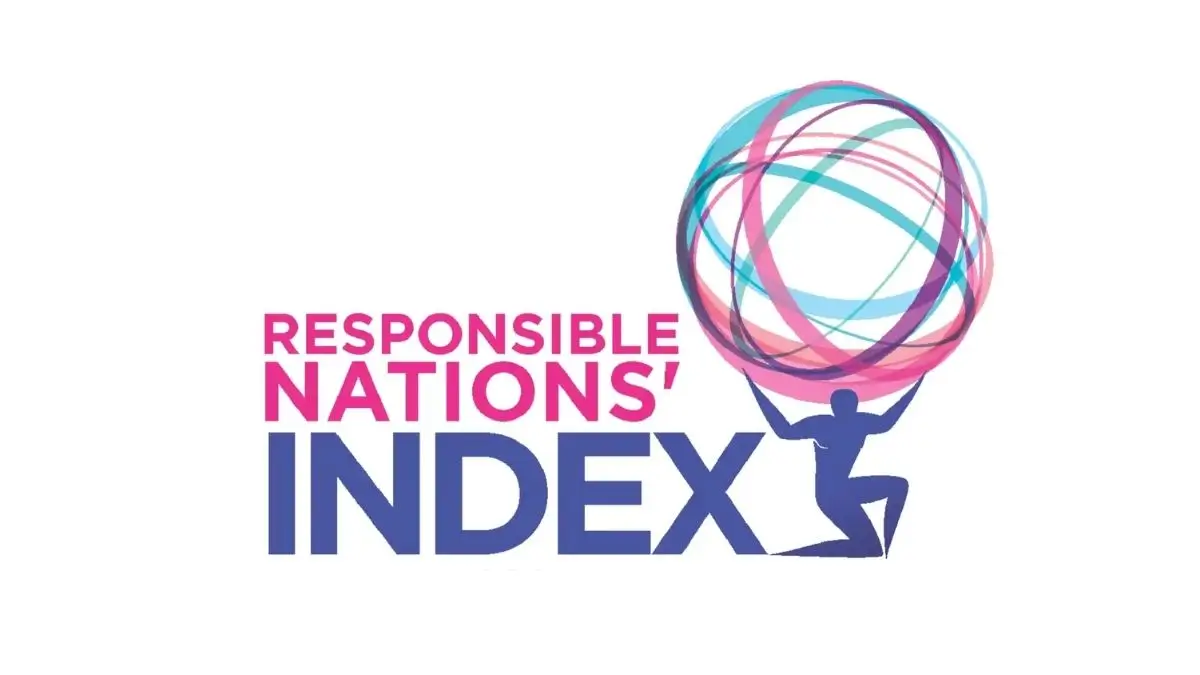India Launches Forest Certification Scheme for Sustainable Management: Key Highlights
India recently launched a groundbreaking Forest Certification Scheme aimed at promoting sustainable forest management practices across the nation. This initiative marks a significant stride towards environmental conservation and underscores India’s commitment to ensuring the long-term viability of its forests.
The scheme, titled [Name of the Scheme], is a collaborative effort between the Government of India and various stakeholders in the forestry sector. It seeks to certify forests based on stringent environmental and sustainability criteria, fostering responsible management and conservation efforts. Through this program, forests meeting the established standards will receive certification, highlighting their adherence to sustainable practices.

Why this News is Important:
- Environmental Conservation: The launch of this scheme underscores India’s dedication to conserving its forests, vital for maintaining ecological balance and mitigating climate change impacts.
- Global Recognition: This initiative positions India as a proactive player on the global stage, fostering sustainability and attracting international attention for its environmental commitments.
- Economic Implications: By promoting sustainable practices, this scheme can potentially boost the economy through eco-friendly products, investments, and job creation in the forestry sector.
Historical Context:
To understand the significance of the Forest Certification Scheme, it’s crucial to consider India’s historical context in forest management. Over the years, India has grappled with challenges such as deforestation, illegal logging, and biodiversity loss. The need for a structured approach towards sustainable forest management has been recognized globally.
Various international initiatives like the Forest Stewardship Council (FSC) and Programme for the Endorsement of Forest Certification (PEFC) have set precedents for forest certification globally. India’s adoption of its certification scheme aligns with these international efforts while catering to the country’s unique socio-environmental landscape.
Key Takeaways from “India Launches Forest Certification Scheme for Sustainable Management”:
| Serial Number | Key Takeaway |
|---|---|
| 1. | India launched a Forest Certification Scheme for sustainability. |
| 2. | It aims to certify forests based on stringent environmental criteria. |
| 3. | The criteria encompass biodiversity conservation and socio-economic aspects. |
| 4. | The scheme is anticipated to boost India’s global reputation in sustainable forestry. |
| 5. | It is expected to attract investments and create employment opportunities in the green sector. |
Important FAQs for Students from this News
What is the objective of India’s Forest Certification Scheme?
The scheme aims to promote sustainable forest management practices by certifying forests that meet stringent environmental and socio-economic criteria.
How does this certification benefit the forestry sector?
It enhances forest governance, boosts India’s global reputation in sustainable forestry, attracts investments, and creates job opportunities in the green sector.
What are the key criteria for forest certification under this scheme?
The criteria include biodiversity conservation, ecosystem services, and socio-economic well-being of forest-dependent communities.
What is the significance of this initiative on an international level?
It positions India as a proactive participant in global environmental conservation efforts and aligns with international practices like the Forest Stewardship Council (FSC) and Programme for the Endorsement of Forest Certification (PEFC).
How does this scheme contribute to addressing climate change?
By promoting sustainable forest management, the scheme helps in mitigating climate change impacts through the conservation of forests, crucial for maintaining ecological balance.
Some Important Current Affairs Links

















